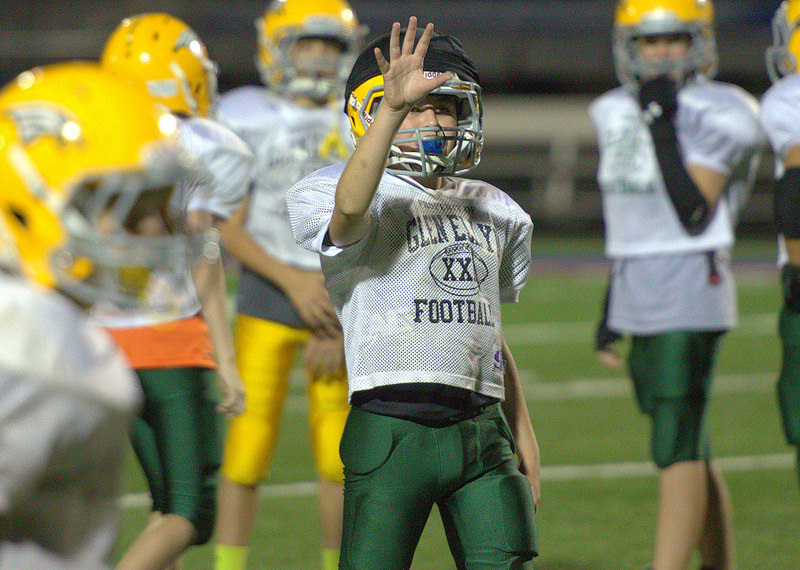Situational Factors Affecting Team Development
High Performance Project Team
•High-performance project teams are likely to develop under the following conditions:
•There are 10 or fewer members per team
•Members volunteer to serve on the project team
•Members serve on the project from beginning to end
•Members are assigned to the project full time
•Members are part of an organisation culture that fosters cooperation and trust
•Members report solely to the project manager
•The project involves a compelling objective
•Members are located within conversational distance of each other
Team Building Process
•PM play a key role in developing high-performance project teams.
•PM’s roles (see Figure 11.3)
•recruit team members
•conduct meetings
•establish a team identity
•create a common sense of purpose or a shared vision
•manage a reward system that encourages teamwork
•orchestrate decision-making
•resolve conflicts that emerge within the team
rejuvenated team the when energy wanes
•High-performance project teams are likely to develop under the following conditions:
•There are 10 or fewer members per team
•Members volunteer to serve on the project team
•Members serve on the project from beginning to end
•Members are assigned to the project full time
•Members are part of an organisation culture that fosters cooperation and trust
•Members report solely to the project manager
•The project involves a compelling objective
•Members are located within conversational distance of each other
Team Building Process
•PM play a key role in developing high-performance project teams.
•PM’s roles (see Figure 11.3)
•recruit team members
•conduct meetings
•establish a team identity
•create a common sense of purpose or a shared vision
•manage a reward system that encourages teamwork
•orchestrate decision-making
•resolve conflicts that emerge within the team
rejuvenated team the when energy wanes


 RSS Feed
RSS Feed
